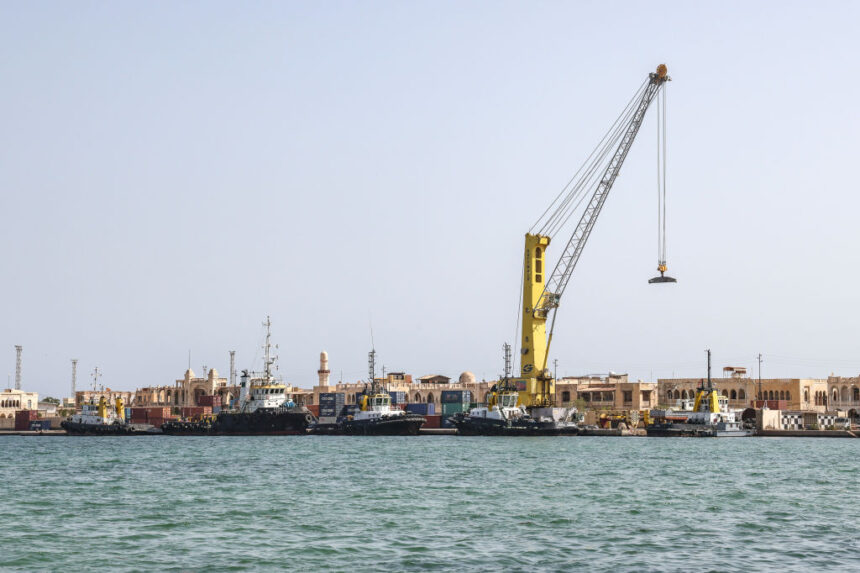Ethiopian Prime Minister Abiy Ahmed’s recent call for direct access to the Red Sea has sparked concerns about potential conflicts in the Horn of Africa. Ethiopia lost its direct sea access in 1993 when Eritrea gained independence. Abiy’s proposal aims to boost Ethiopia’s economy, strengthen its Navy, and enhance regional influence.
Addressing party officials in mid-October, Abiy emphasized the need for discussions among leaders of Somalia, Djibouti, Eritrea, and Ethiopia to ensure lasting peace. He clarified that Ethiopia is open to any accessible gateway through negotiation, purchase, or lease, without specifying a particular port.
Eritrea responded, stating that discussions on sea access have been excessive, asserting its reluctance to engage in such talks. Somalia rejected territorial discussions, and Djibouti, while maintaining friendly relations, asserted its sovereignty and territorial integrity.
Currently, Ethiopia relies on Djibouti for nearly 90% of its imports. Abiy contends that this limitation hampers Ethiopia’s international trade opportunities. The lack of direct access to harbors, he warns, may lead to conflict unless fairness and justice prevail.
Befekadu Hailu, co-founder of Ethiopia’s Center for the Advancement of Rights and Democracy, expressed concern about the risk of war, emphasizing that Ethiopians cannot afford more conflict. Journalist Martin Plaut highlighted deteriorating relations between Ethiopia and Eritrea, citing Abiy’s call and tensions over Eritrean troops in Ethiopia’s Tigray region.
While underscoring the potential for catastrophe, Plaut suggested that honest dialogue between Abiy and Eritrean President Isaias Afwerki could prevent war and allow Ethiopia to gain sea access and manage peace in Tigray effectively.


